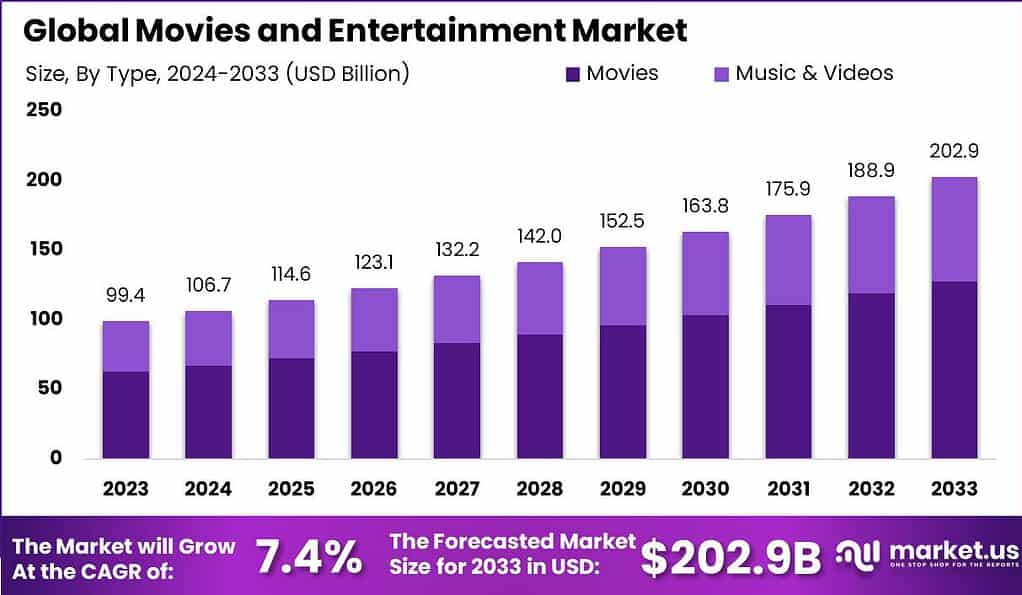Baykanber Insights
Your go-to source for the latest news and trends.
Reality Check: Entertainment's Latest Obsession
Discover the latest entertainment craze! Uncover what’s got everyone talking and see why this obsession is taking over our screens!
The Rise of Reality TV: What Makes It So Addictive?
The rise of reality TV has transformed the landscape of entertainment, captivating audiences worldwide. Shows like Keeping Up with the Kardashians and Survivor have become cultural phenomena, generating conversations that extend beyond the screen. One primary reason for this addiction is the raw, unscripted nature of reality television, which provides viewers with a tantalizing glimpse into the lives of others. This undoubtedly creates a sense of connection, as viewers find themselves emotionally invested in the cast's achievements, dramas, and failures.
Moreover, the psychological pull of reality TV can be attributed to its relatable themes and the escapism it offers from everyday life. Many viewers enjoy the tension and unpredictability that reality programming brings, allowing them to experience a heightened sense of drama without the repercussions of reality. According to Psychology Today, the voyeuristic aspect of watching people navigate their personal lives fuels our inherent curiosity and desire for entertainment, making it incredibly addictive. As new formats and concepts continue to emerge, it seems unlikely that the reality TV phenomenon will wane anytime soon.

Behind the Scenes: How Reality Shows are Created and Edited
Creating a reality show involves a complex blend of planning and spontaneity. Initially, producers develop a concept that resonates with audiences, often drawing inspiration from current trends or social issues. Behind the Scenes tasks include casting participants, securing locations, and crafting a narrative arc that keeps the viewers engaged throughout the season. Once filming begins, the real magic happens, as cameras follow cast members around, capturing the unscripted moments that reality TV is known for. Most of these shows have a production crew dedicated to ensuring that every raw emotion and conflict is documented, which adds to the authenticity that keeps audiences hooked.
Editing is another crucial aspect of reality television that transforms the raw footage into a coherent narrative. Editors meticulously sift through hours of recorded content to extract the most compelling moments, often crafting entire storylines from short clips. This process includes adding music, sound effects, and sometimes even voiceovers to enhance the emotional impact of scenes. The goal is to create a dramatic narrative that feels both authentic and entertaining. As experts highlight, the editing room is where the true storytelling occurs, making it a vital part of reality show production and a significant reason why viewers become invested in the characters and their journeys.
Are Reality Shows Authentic? Debunking Common Myths
Reality shows have captivated audiences for years, but the question of their authenticity raises eyebrows. While many fans believe they are watching real-life scenarios unfold, numerous factors can skew the perception of reality. Producers often manipulate situations to create drama, leading to the misconception that everything is spontaneous. According to a Forbes article, even the most seemingly unfiltered moments are typically carefully orchestrated to enhance viewer engagement.
Additionally, participants often find themselves navigating a complex landscape governed by production rules and editing choices. Many contestants are prompted to act in ways that may not align with their true personalities, contributing to the belief that reality television is an authentic portrayal of life. Debunking these common myths requires a closer look at how reality shows are produced. As highlighted in a Vanity Fair article, editing can significantly alter perceptions, making certain characters appear more heroic or villainous, thus distorting the original intent of their actions.